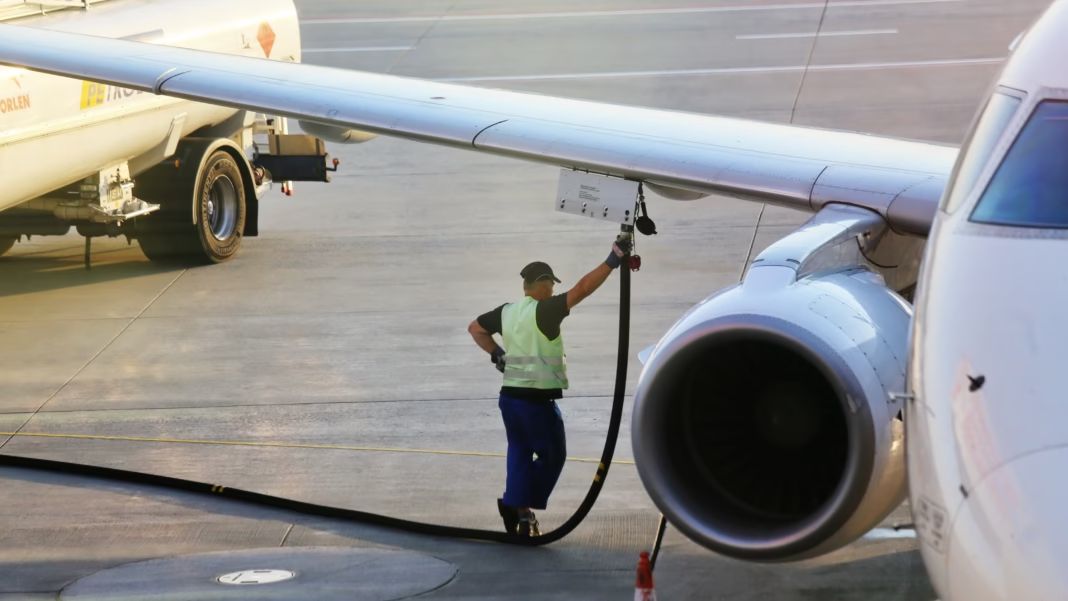The Iraq jet fuel surge has placed the country as the second-largest consumer of jet fuel in the Middle East, just behind the United Arab Emirates. This unexpected rise comes even as regional flight activity falls sharply due to the ongoing conflict between Iran and Israel.
According to recent energy data, nearly 1,500 commercial flights are being canceled every day across the region. These cancellations have caused civilian jet fuel demand to drop by 75,000 barrels per day. Despite that, Iraq’s fuel usage has gone up, indicating higher reliance on military operations or domestic aviation.
Saudi Arabia ranks third in the region for jet fuel use, following Iraq’s unexpected leap to second place. Experts suggest that this shift reflects broader changes in air traffic patterns and national fuel strategies during wartime.
The Iraq jet fuel surge occurs as prices continue to rise. Jet fuel delivered FOB reached $87.63 per barrel, marking the highest price since late February. This is a sharp jump from $79.43 just six days earlier. The increase reflects not just demand but also fears of disrupted supply lines.
Linus Bauer, a global aviation analyst, explained that war often causes a short-term boost in fuel use. Military flights, increased air surveillance, and logistical operations all require massive fuel supplies. However, estimating exact numbers during wartime remains difficult.
Bauer added that the final impact depends on how long and widespread the conflict becomes. In this case, the region’s commercial aviation is declining, but military activity is likely soaring. That could explain Iraq’s elevated position in jet fuel rankings.
While civilian travel has declined, many Middle Eastern countries may be using more jet fuel for security, air patrols, and military transport. Iraq’s rise in fuel consumption might also be tied to internal flights and logistical operations that continue despite fewer international routes.
This Iraq jet fuel surge highlights how conflicts reshape energy consumption. Civil aviation shrinks, but total fuel use can still rise due to military needs. As the situation unfolds, fuel markets will likely remain unstable and reactive to new developments.


